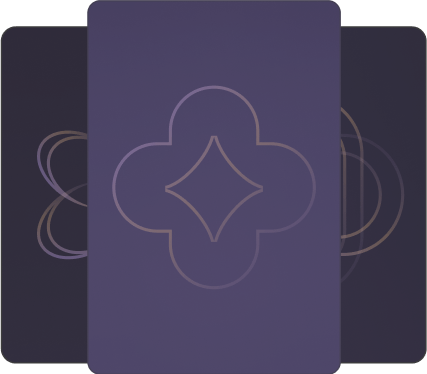What is
You Mean I'm Not Lazy, Stupid or Crazy?! about?
You Mean I’m Not Lazy, Stupid or Crazy?! is a self-help guide for adults with ADHD, offering practical strategies, personal anecdotes, and moral support. It explains ADHD symptoms, debunks misconceptions, and provides actionable advice for managing daily challenges like organization, relationships, and self-esteem. The book emphasizes non-medication approaches, including mindfulness and coaching, while addressing topics like gender differences and ADHD’s impact on sexuality.
Who should read
You Mean I'm Not Lazy, Stupid or Crazy?!?
This book is ideal for adults diagnosed with ADHD (especially those newly diagnosed), individuals exploring potential ADHD symptoms, or family members seeking to understand loved ones. It’s also valuable for therapists, coaches, or educators working with ADHD populations. The authors’ empathetic tone and relatable examples resonate with readers seeking validation and practical coping mechanisms.
Is
You Mean I'm Not Lazy, Stupid or Crazy?! worth reading?
Yes, for its empathetic approach and actionable strategies. Many readers praise its life-changing insights, humor, and relatable stories, calling it a “savior” for understanding ADHD. However, some criticize its occasional focus on “recovery” and outdated sections. The revised 2005 edition updates medication advice and expands on topics like gender differences, making it more relevant.
How does the book help manage ADHD in daily life?
It provides tools for organization, memory improvement, and task prioritization, tailored to ADHD brains. Strategies include breaking tasks into steps, creating routines, and using visual reminders. The authors also emphasize self-compassion, reframing ADHD traits as strengths, and building supportive systems at work and home.
What non-medication strategies does the book recommend?
Key approaches include mindfulness meditation, ADHD coaching, cognitive-behavioral techniques, and environmental adjustments. The authors advocate for lifestyle changes like exercise, dietary tweaks, and sleep hygiene, while stressing the importance of community support and therapy.
How does the book address ADHD differences in women?
It explores how hormonal fluctuations (e.g., estrogen levels) impact ADHD symptoms in women, discussing challenges like societal expectations, emotional dysregulation, and late diagnoses. The authors provide gender-specific strategies for managing relationships, career pressures, and self-image.
What critiques exist about the book’s approach to ADHD?
Some readers find parts overly optimistic about “overcoming” ADHD, noting the condition isn’t curable. Critics also mention repetitive sections and outdated terminology (e.g., “ADD” vs. “ADHD”). However, many appreciate its foundational insights despite these limitations.
What are key quotes or concepts from the book?
- Core message: “ADHD isn’t a defect—it’s a difference requiring tailored strategies.”
- Self-compassion: “Stop blaming yourself for brain chemistry.”
- Productivity hack: “Progress, not perfection, is the goal.”
These ideas reinforce reframing ADHD as a neurotype needing adaptation, not correction.
How does the revised edition update the original content?
The 2005 update adds sections on newer ADHD medications, the role of estrogen in women’s symptoms, and modern coaching techniques. It expands discussions on mindfulness and includes contemporary research while retaining the original’s humor and structure.
How does this book compare to newer ADHD guides?
While newer books may include updated neuroscience, this remains a classic for its holistic, experience-driven approach. It excels in validating emotional struggles and offering pragmatic lifestyle adjustments, whereas modern titles often focus more on clinical research or productivity hacks.
Can the book help with ADHD-related relationship issues?
Yes. It offers communication strategies for reducing conflict, managing forgetfulness, and balancing responsibilities. Sections on intimacy and ADHD’s impact on sexuality provide frank advice for maintaining healthy partnerships.
Why is
You Mean I’m Not Lazy... still relevant in 2025?
Despite being 30+ years old, its focus on self-acceptance and systemic coping mechanisms remains vital. As ADHD awareness grows, the book’s humane tone and non-pathologizing framework continue to resonate, though readers should supplement it with current research.









